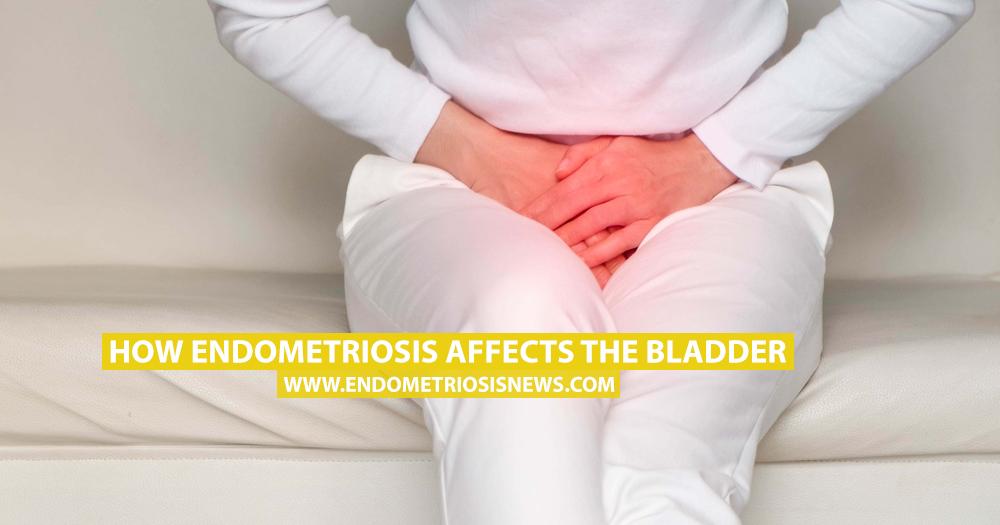Endometriosis may affect various organs located in and around the pelvis. While it’s rare, it has been known to attack the bladder.
While there’s not much information about what causes endometriosis to attack the bladder, it has been known to happen in one of two ways:
- Superficial: Where it only affects the surface of the bladder.
- Deeper: When it’s found inside the bladder, on its walls or lining and it can cause more serious symptoms.
MORE: 12 common places where endometriosis lesions can be found
Symptoms will always be worse during menstruation, as is often the case with endometriosis patients in general. Your bladder will feel irritated, you will feel the need to go to the bathroom often and you will be in pain if your bladder is full. You might also find blood in your urine and feel pain around your kidneys.
If you think endometriosis has started to spread to your bladder, it’s recommended you see a doctor. There are several ways to get properly diagnosed. You may be asked to have less invasive procedures like a CT scan or an MRI, but some doctors will ask you to do a cystoscopy. A cystoscopy is when a camera is placed inside the bladder so doctors can rule out other conditions and find out exactly where the endometrial tissue is inside your bladder so it can be sampled for a biopsy.
When it comes to treatment, patients can choose if they want to take more drastic measures or if they want to try and control their symptoms with various hormones and painkillers. However, with no treatment, symptoms will worsen. Some women have reported complementary therapies and treatments have helped them fight the symptoms, but none of them have been scientifically proven.
The only surefire way of treating bladder endometriosis is to have surgery to remove it. Depending on how serious it is and its type, superficial or deeper, you will have different surgery options. Your doctor will talk to you about the possibility of laser, burning, incision or removal surgery.
MORE: Six complementary therapies to ease endometriosis symptoms
Endometriosis News is strictly a news and information website about the disease. It does not provide medical advice, diagnosis or treatment. This content is not intended to be a substitute for professional medical advice, diagnosis, or treatment. Always seek the advice of your physician or another qualified health provider with any questions you may have regarding a medical condition. Never disregard professional medical advice or delay in seeking it because of something you have read on this website.

